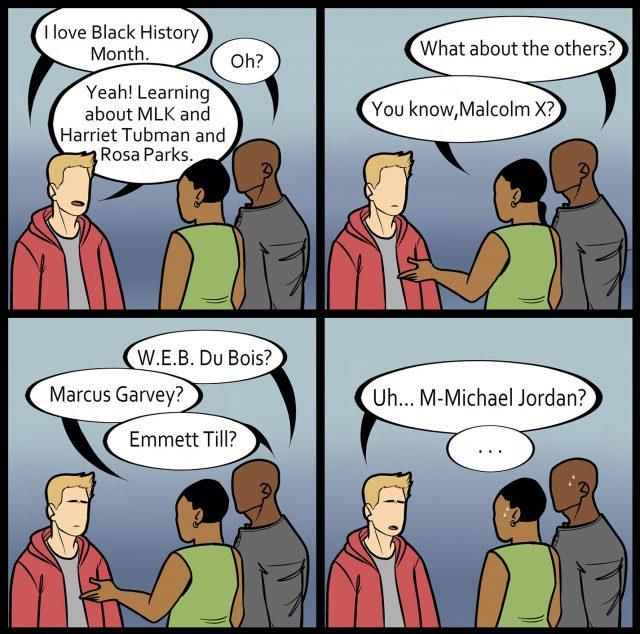By Jamil Oakford/managing editor
Compromise: The act of effectively reaching an agreement between an opposing side where both sides walk away with some things, but not everything.
It’s the result of effective negotiating and is the cornerstone of some of the formative moments in American history.
In 1964, Republican and Southern Democrat senators filibustered key civil rights legislation for 75 days. Senators were deadlocked until Democratic Majority Leader Hubert Humphrey finally reached across the aisle and spoke to those on the opposing side.
The bill was passed nine days later as the Civil Rights Act of 1964, a watershed achievement that — while imperfect — ended racial segregation in public places and banned employment discrimination based on race and other factors.
Today, the art of listening, understanding what both sides want and looking for that middle ground is lost.
For most of the last decade, Congress was dominated by Republicans while a Democrat was in the White House. The polarization was so bad the productivity levels of the 112th (2011-2012) and 113th (2013-2014) congresses were the least productive ever, according to Pew Research.
While this last year has been more productive due to Republicans controlling both Congress and the White House, not compromising on key issues keeps the nation from moving forward.
Gun control, immigration or a budget to help keep the government open are just a few of the issues periodically frozen by the polarizing political climate.
We, the electorate, have as much influence on a politician’s actions as they have on us. If they see us disregarding the opposing side’s views and objectives on any given topic, they won’t feel the need to meet with their colleagues on the other side and come to a compromise.
Which is why we have to snap out of it. We can’t continue with eternal stalemates or legislators not willing to meet in the middle.
That means simmering down and letting someone finish a complete thought before jumping in for the rebuttal. It means understanding that no one gets exactly what they want.
But, if they try sometimes, they just might find, they get what they need.






























